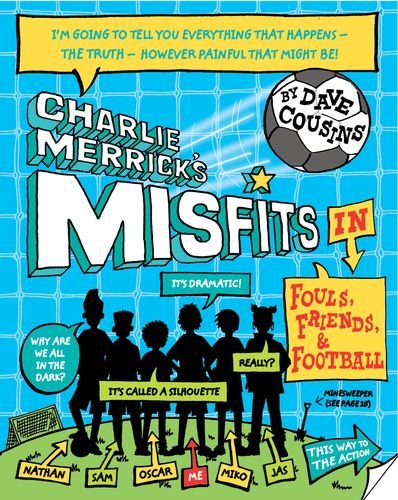Malcolm Gladwell's "David and Goliath" is about perceived advantages and disadvantages, and how they may not be all that they seem. The points are brought to life using stories of real-life people.
For example the introduction discusses Goliath the giant and how he was felled by the tiny shepherd boy David. We assume Goliath, because he is big and dressed as a warrior, will win the battle but really the weapons used, plus other things, put him at a disadvantage, as evident from the outcome of the bout.
Then we get into the book proper with a chapter looking at a youth basketball coach doing things unconventionally to great effect despite the fact the team has not the best players.
Other chapters of the book look at:
- whether smaller class sizes are better
- whether being a small fish in a big pond, e.g. a great institution like a top university, is better than being a big fish in a smaller pond
- whether dyslexia is a disadvantage or a desirable difficulty
- how losing a parent at a young age, a traumatic experience, can lead to a different, possibly advantageous outlook in life later
- how when you have nothing to lose you can have unexpected power
- and so on.
All the while this is told through people's real stories, some of which are really touching like the way leukemia used to mean certain death for the kids who had it, but thanks to pioneers is now a treatable cancer.
Overall then this is a readable book that gets you thinking about things differently, although the focus is on the positive attributes rather than the negative, e.g. dyslexia and how one third of entrepreneurs are dyslexic with only a brief mention how kids with dyslexia are more likely to end up in the juvenile system. Also at the end the same idea seems to be presented multiple times. But a good read nonetheless.
Amazon UK link: David and Goliath
Publication date: 8 May 2014







